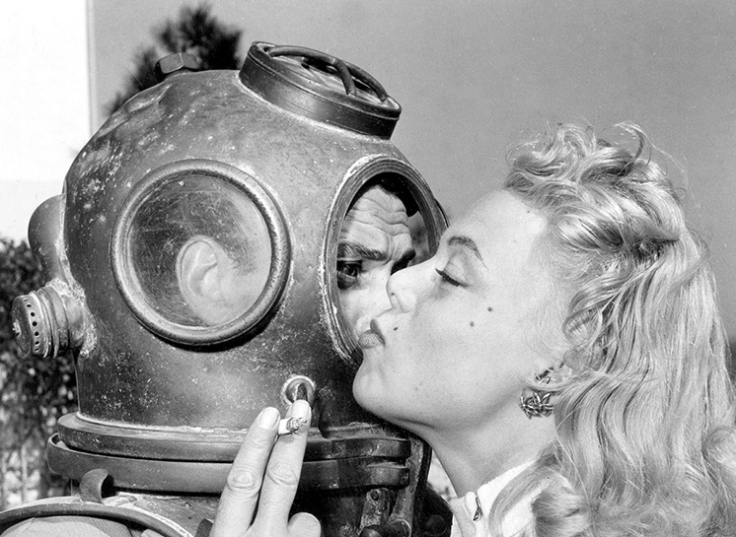Happy International Kissing Day! Here's how disgusting touching lips really is
It's not so romantic.

Kissing is our way of showing affection. In fact, it is so important that nearly all of us can remember our first kiss - every embarrassing detail of it.
Yes, it feels good, but kissing - and in particular French kissing - is pretty grim.
Our bodies are home to more than 100 trillion microbes that help us digest food and keep us healthy. In our mouths alone, there are more than 700 different strains of bacteria.
So when a couple share a kiss, they share much more than just affection. A 10-second French kiss can spread up 80 million bacteria between mouths, according to a 2014 study.
Researcher Remco Kort, a professor and scientist at Netherlands Organisation for Applied Scientific Research, asked couples visiting a zoo in the Netherlands if they wanted to participate in a study on French kissing.
All in the name of science, 21 couples agreed and had their tongues swabbed and saliva collected before and after kissing.
"Intimate kissing involving full tongue contact and saliva exchange appears to be a courtship behavior unique to humans and is common in over 90% of known cultures," Kort said.
"We wanted to find out the extent to which partners share their oral microbiota, and it turns out, the more a couple kiss, the more similar they are."
During a kiss, according to an editorial in the American Journal of Medicine, they also exchange 9 ml of water, 0.71 mg of fats and 0.18 mg of organic compounds.
There are many pathological organisms that can be transmitted by touching lips, including those that cause respiratory viruses - like colds - and herpes simplex.
It's not all bad news though - the sharing of mouth microbiota also forces your body to produce antibodies to battle the foreign bacteria.
Pucker up.
© Copyright IBTimes 2025. All rights reserved.






















